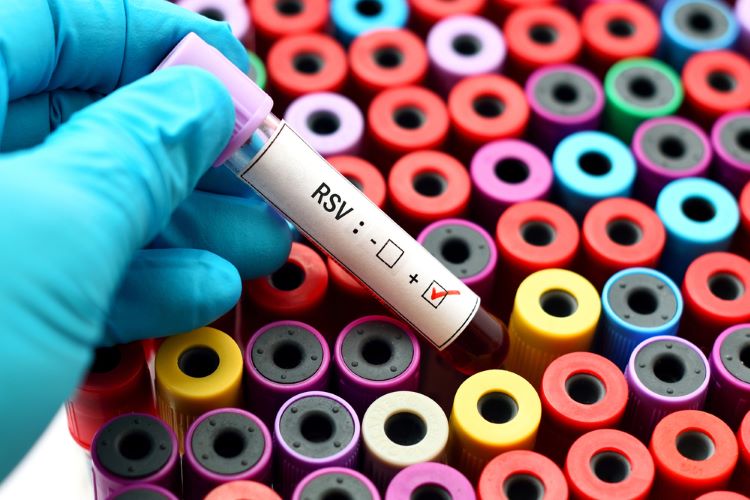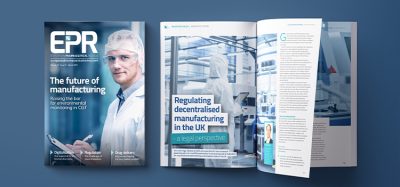Could GSK offer the first RSV older adult vaccine?
Posted: 3 November 2022 | Catherine Eckford (European Pharmaceutical Review) | No comments yet
The EMA has accepted a marketing application for an RSV vaccine intended for older adults, the first potential vaccine for this age group with lower respiratory tract disease.


GSK has announced the European Medicines Agency (EMA) has validated a marketing authorisation application (MAA) under accelerated assessment for its respiratory syncytial virus (RSV) vaccine for adults above 60. If approved, the vaccine could be the first vaccine to prevent RSV lower respiratory tract disease (LRTD) in older adults.
Accelerated assessment is offered to MAAs if the EMA’s Committee for Medicinal Products for Human Use (CHMP) decides the product is of high importance for public health and therapeutic innovation. A European regulatory decision will likely come in 2023.
The application is based on prespecified interim analysis data from a Phase III trial (NCT03814590), which showed excellent overall efficacy of the RSV vaccine. The randomised, placebo-controlled and observer-blind study enrolled 25,000 participants from 17 countries.
Volunteers tolerated the vaccine well. Researchers found the vaccine had a favourable safety profile. The most frequent observed solicited adverse events (AE) were pain at the injection site, fatigue, myalgia and headache.
High vaccine efficacy was observed in adults between 70-79 years and adults with underlying comorbidities and across RSV A and B strains.
The vaccine candidate was acceptance by Japanese regulatory authorities in October 2022.
The vaccine is a recombinant subunit prefusion RSV F glycoprotein antigen (RSVPreF3). It combines GSK’s proprietary AS01E adjuvant, which contains QS-21 Stimulon adjuvant licensed from Antigenics Inc.
Evidence vaccines are effective for treating RSV
A Phase III trial observed RSV can also be prevented in infants. The investigation identified 74.5 percent less respiratory tract infections caused by respiratory syncytial virus (RSV), in healthy infants given Nirsevimab.
Hospitalisations caused by RSV reduced in participants given the vaccine, according to the data. Phase I and II studied infants with congenital heart disease (CHD), chronic lung disease (CLD) and prematurity in their first season of RSV. According to the investigator of the study, RSV has become more common since health measures for COVID-19 have relaxed.
Related topics
Big Pharma, Biopharmaceuticals, Clinical Development, Clinical Trials, Drug Development, Drug Safety, Immunisation, Immunotherapy, Regulation & Legislation, Research & Development (R&D), Vaccines
Related organisations
Committee for Medicinal Products for Human Use (CHMP), European Medicines Agency (EMA), GSK
Related diseases & conditions
respiratory syncytial virus (RSV), respiratory syncytial virus (RSV)-mediated lower respiratory tract disease









